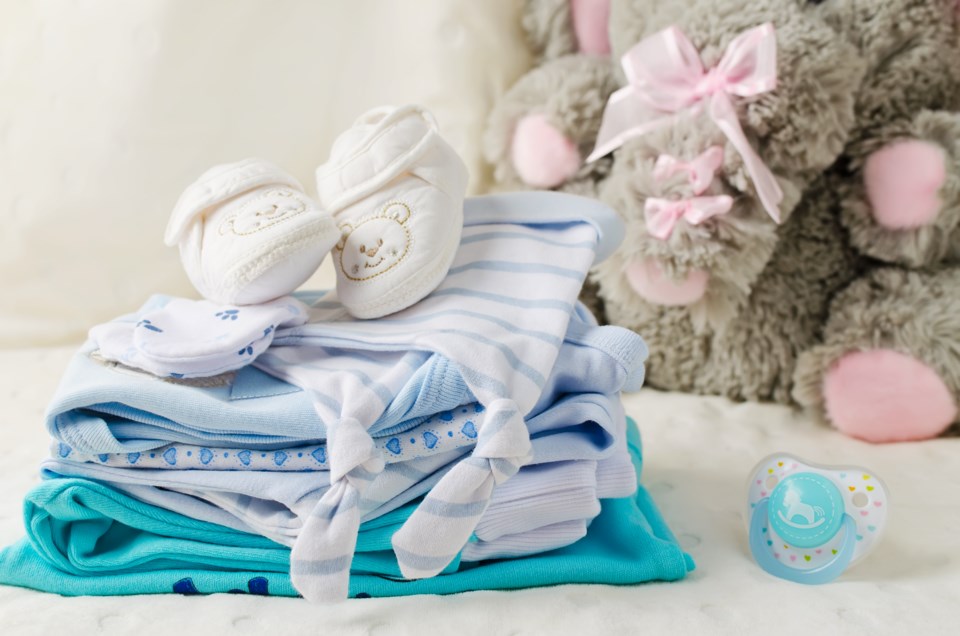We’re used to renting homes - even for the long term in hot markets like Vancouver. You can even rent furniture, using the app AMY, where the cost of a five-piece living room starts at around $100 per month. Their hashtag? #NoOwnership.
It makes sense for homes and short-term furniture if you want to avoid Craigslist.
"Why do we have to wait years to save up enough to get furniture that makes us excited and inspired in our home? Why can't we have it now,” asks founder Samantha Simonton. This sentiment has fueled much of the rental economy, estimated to be worth $335 billion by 2025.
Now, a new Vancouver-based company called Tradle even rents out baby clothes. These were traditionally some of the most sentimental family possessions, as many mothers used to keep a box of onesies, dresses and baby hats. While the service permits purchasing any items you “fall in love with,” but if the service really catches on, baby showers won’t be the same.
Even though many parents hand down clothing or resell it at consignment shops or Facebook groups, the sheer quantity of the stuff means it doesn’t all get used.
Popular children’s resale shop Once Upon a Child explains in their buying criteria, “‘Wear’ and ‘style’ are subjective. You may think it is not so worn, or that it is a great style, but our experience may tell us differently.” The result? North Americans sent 9.5 billion tonnes of textile waste to landfills every year.
However, there’s a significant jump from buying less to buying nothing and renting it all. The American dream used to be a house and a minivan, but now the focus has shifted to experiences and freedom – and how great they will look on Instagram. Furniture rental app AMY explicitly promises an “Insta-worthy” space.
There is an appeal to a life free from “stuff” to worry about – but also a value that comes with buying and caring for things. The danger is that we move from one disposable economy to another.
Even if we physically don’t have ownership of or have to deal with the discarded stuff, wanting and life that looks perfect on Instagram without putting in the work to earn it can be another consumer-driven rabbit hole, with nothing to show for it at the end.
Ada Slivinski is the Founder & Principal of Jam PR, a boutique agency focused on helping small businesses get big exposure. You can reach her at [email protected]
SWIM ON:
- Facebook giveth, Facebook taketh away: Ada Slivinski wrote about the double-edged sword that is Facebook sales.
- Speaking of renting - in this case housing - Jody Vance feels leaders and citizens alike are far too concerned with scoring political points, and not actually helping people.
- Ride sharing is kinda like renting (work with me here) and Kater is kinda like ride sharing. And it may surprise you to learn Jordan Bateman found Kater...actually works pretty well.



